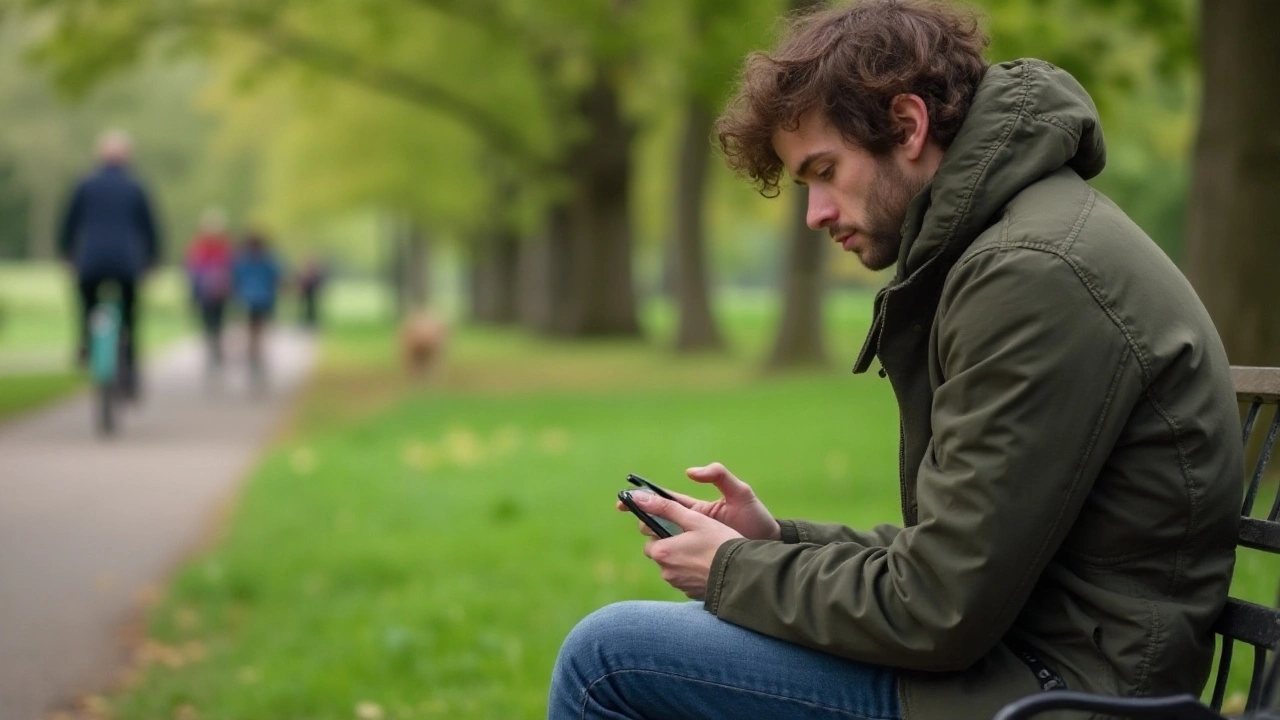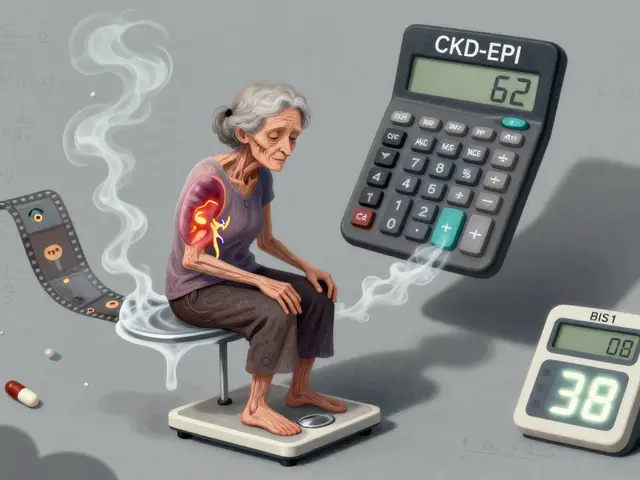Eye Health: Simple Ways to Protect Your Vision
Your eyes work hard every day. Small habits add up and can prevent strain, infections, and long-term problems. Want practical steps you can use today? Start with screen habits and blinking more often.
Screen tips that actually help: follow the 20-20-20 rule—every 20 minutes look at something 20 feet away for 20 seconds. Reduce screen glare by lowering brightness, move screens slightly below eye level, and keep a comfortable distance.
Dry eyes are common if you stare at screens or spend time in dry indoor air. Blink on purpose, use a humidifier, and try preservative-free artificial tears if needed. If redness or irritation lasts more than a few days, see an eye doctor.
Sunglasses matter. UV light speeds up cataract and macular damage. Pick sunglasses that block 99–100% UVA and UVB. A wide brim hat helps too on bright days.
Nutrition affects eyesight. Eat leafy greens, colorful vegetables, and fish with omega-3s. Lutein and zeaxanthin are linked to healthier macula in trials. Talk to your doctor before taking supplements.
Contact lens wearers: wash hands, follow the replacement schedule, and never sleep in lenses unless prescribed. Improper lens care causes infections fast. Keep a backup pair of glasses.
Regular checkups catch problems early. Adults under 60 with no symptoms should see an eye professional every 1–2 years. If you have diabetes, high blood pressure, or a family history of glaucoma, get checked more often.
Warning Signs You Shouldn’t Ignore
Sudden vision loss, flashes of light, a curtain over your vision, severe eye pain, or double vision need urgent care. Don’t wait for opening hours—call emergency services or an eye clinic. Quick action can save sight.
Safe Meds and Online Pharmacies
Buying eye drops or prescription meds online is common, but be careful. Use licensed pharmacies, check reviews, and never buy prescription drugs without a valid prescription. Our articles show how to spot scams and order safely.
Browse this tag for practical guides, product reviews, and safety tips. Read quick how-tos on dry eye care, when to see a specialist, and safe online ordering. Save what helps and ask your doctor when unsure.
Set up your work area: place monitor 20–28 inches away, use task lighting, reduce overhead glare, adjust font size. Take a 5–10 minute break each hour to walk and rest eyes.
Smoking and poor sleep raise risk of macular degeneration and dry eye. Quitting smoking, getting regular sleep, and staying active help overall eye health.
Protect kids' eyes by setting screen limits, using larger fonts, and encouraging outdoor play. Studies show outdoor time reduces myopia risk in children. If a child squints, rubs eyes a lot, or tilts their head, get an eye check.
Remove makeup before bed, replace mascara every three months, and wear safety goggles for DIY or yard work. Even small particles can scratch the cornea and lead to infection.
If you notice changes, track them and bring notes. Good eye habits add up — make one change today.
Understanding the Psychological Impact of Bacterial Eye Infections
Bacterial eye infections can affect not only the physical health of an individual but also their mental well-being. This article explores these types of infections, their psychological impacts, and offers tips for managing the associated mental health challenges. By understanding these effects, individuals can better navigate their health journey.






